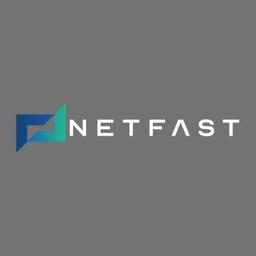Top Deep Learning Companies in Australia
2 Companies
Nickelfox Technologies is a leading IT company that provides a wide range of services to clients around the world. Our development center is located in Noida, India, and we have offices in the United States, Australia, and the United Kingdom. We pride ourselves on our ability to deliver high-quality solutions to our clients, no matter where they are located. One of our key offerings is staff augmentation, which allows companies to augment their existing teams with skilled professionals who can help them achieve their goals. We have a large pool of talented developers, designers, and other IT professionals who can work on-site or remotely to support our clients. This can be a cost-effective solution for businesses that need to scale up their teams quickly without committing to long-term Read More
$50-99/hr
50 to 249
2014
Australia
NetFast Technologies is a Melbourne-based app, web, and software development company that specializes in providing customized solutions to businesses of all sizes. Our team of experienced professionals has a proven track record of success in developing and delivering high-quality, user-friendly products that meet the needs of our clients. We understand that every business is different, and we tailor our solutions to the specific requirements of each client. We also stay up-to-date on the latest technologies and trends, so that we can provide our clients with the most innovative and cutting-edge solutions possible. If you are looking for a reliable and experienced app, web, or software development company, then NetFast Technologies is the perfect choice for you. We have the expertise and Read More
$25-49/hr
10 to 49
2022
Australia
%3Falt%3Dmedia%26token%3D39439c37-f377-403e-961c-c08f0529ff80&w=256&q=75)
